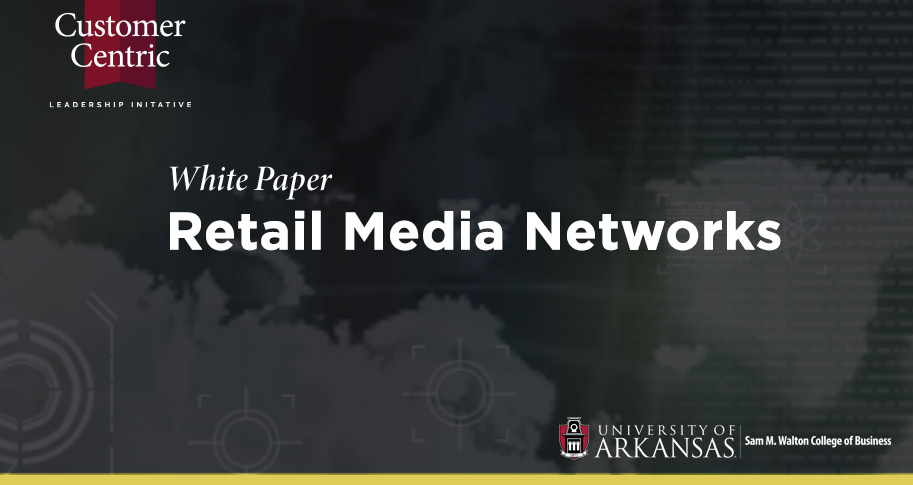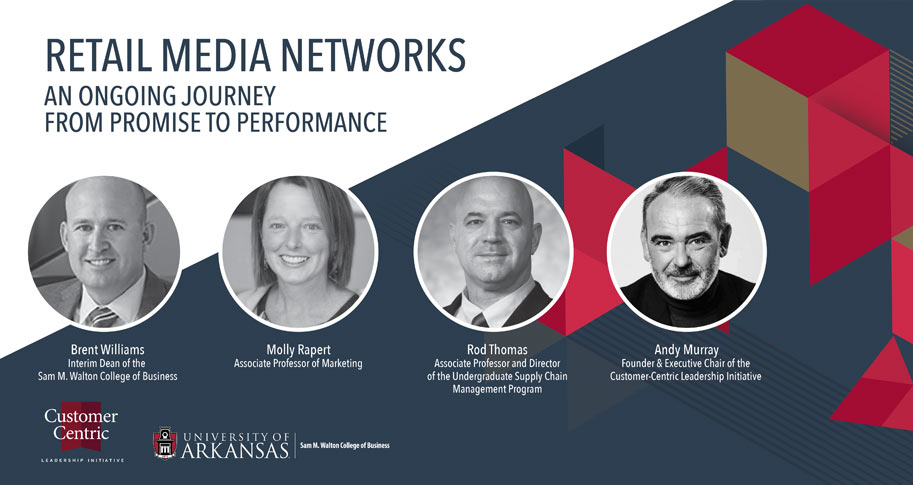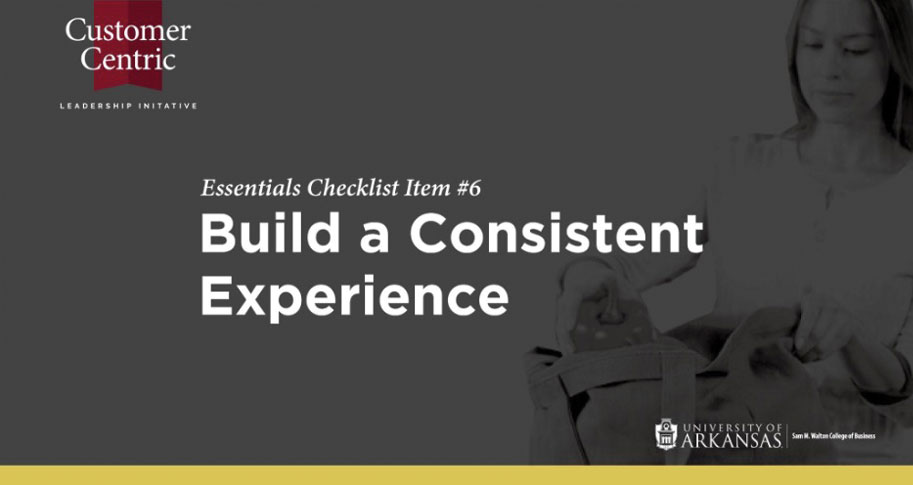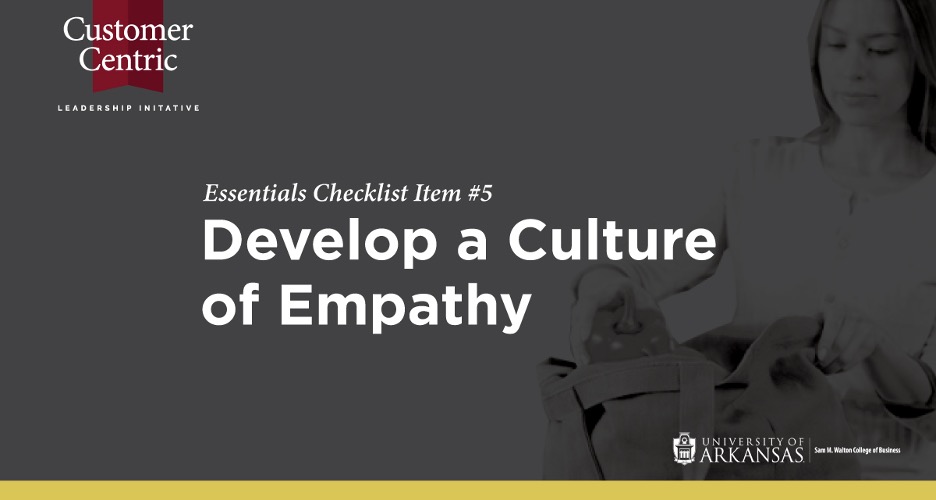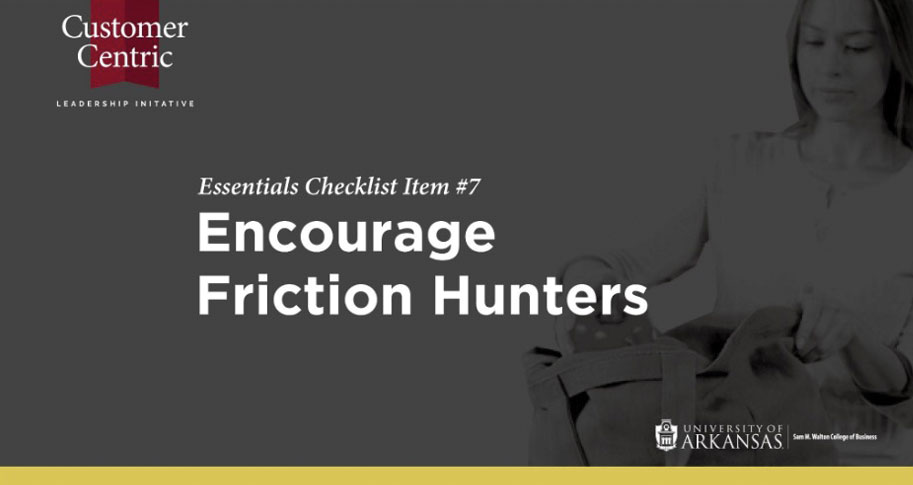
Are employees proactively looking for potential friction points?
If you are looking for examples of friction in the customer experience, the airlines have for years made themselves an easy target. From booking a flight (you can get that cheap fare but only with an all-night layover in Dallas) to finding space in the overhead bin to long waits at the baggage carousel, air travel is seldom hassle-free. And many of those hassles seem unnecessary, or worse, intentional.
Roger Dooley, author of “Friction,” points out that the airline industry is rare because it seems to purposefully practice “product sabotage” by deliberately creating friction for customers. In theory, for instance, airlines intentionally make flying economy class miserable with the hope that a few passengers will spend more money for a less complicated, more hassle-free experience in business or first class.
Product sabotage, Dooley said, was one possible reason British Airways might have had for changing its tea service on short-haul flights. The airline offered free tea on those flights until changing to a supplier that didn’t offer its tea in a pre-packaged cup. Then the airline started charging for a cup of tea, but later made an exception — passengers could have free tea if they brought their own tea bags.
Not surprisingly, British Airlines consistently ranks low in customer satisfaction.
Most businesses don’t intentionally create friction, but it occurs often enough on its own. It could be that a form customers need to fill out is inadvertently impossible to find on your website. Maybe your money-saving automated phone system locks them in customer service purgatory. Or perhaps something broke, like links in a webpage, without you even knowing it.
Dooley, using the Twitter hashtag #frictionhunters, collects a trove of stories from a variety of industries that he often turns into blogs like the one about British Airways. And they all point out the obvious: friction in the customer experience is bad for business. As author and cartoonist Scott Adams puts it, “Adding friction to any human choice will reduce the number of people making that choice. To assume otherwise is loserthink.”
One of the easiest ways to improve the customer experience is by finding and eliminating dissatisfiers — the hassles that custimers face when simply trying to spend their hard-earned money with your company.
Conversely, one of the easiest ways to improve the customer experience is by finding and eliminating dissatisfiers — the hassles that customers face when simply trying to spend their hard-earned money with your company. And the companies that provide the best customer service don’t sit around sipping tea while waiting for customers to complain about these friction points; instead, they proactively look for them.
A company with a strong customer-centric focus makes friction hunting part of its culture — everyone looks for friction and is empowered to share it with the right people or fix it themselves. Some companies even create a formal role, hiring one or two people with “friction hunting” in the job description.
Author Steven van Belleghem describes friction hunters as, “highly inquisitive, critical, people-sensitive and data-driven investigators who are responsible for chasing down the types of corporate processes that historically grew into a certain shape but are no longer relevant in that way.”
No matter your industry, designating a few people as friction hunters can help identify the complicated, broken, high-hassle friction points that drive your customers toward your competitors. So who are the friction hunters in your organization?
Want more tips for creating a more customer-centric organization? Download this 12 step checklist.


